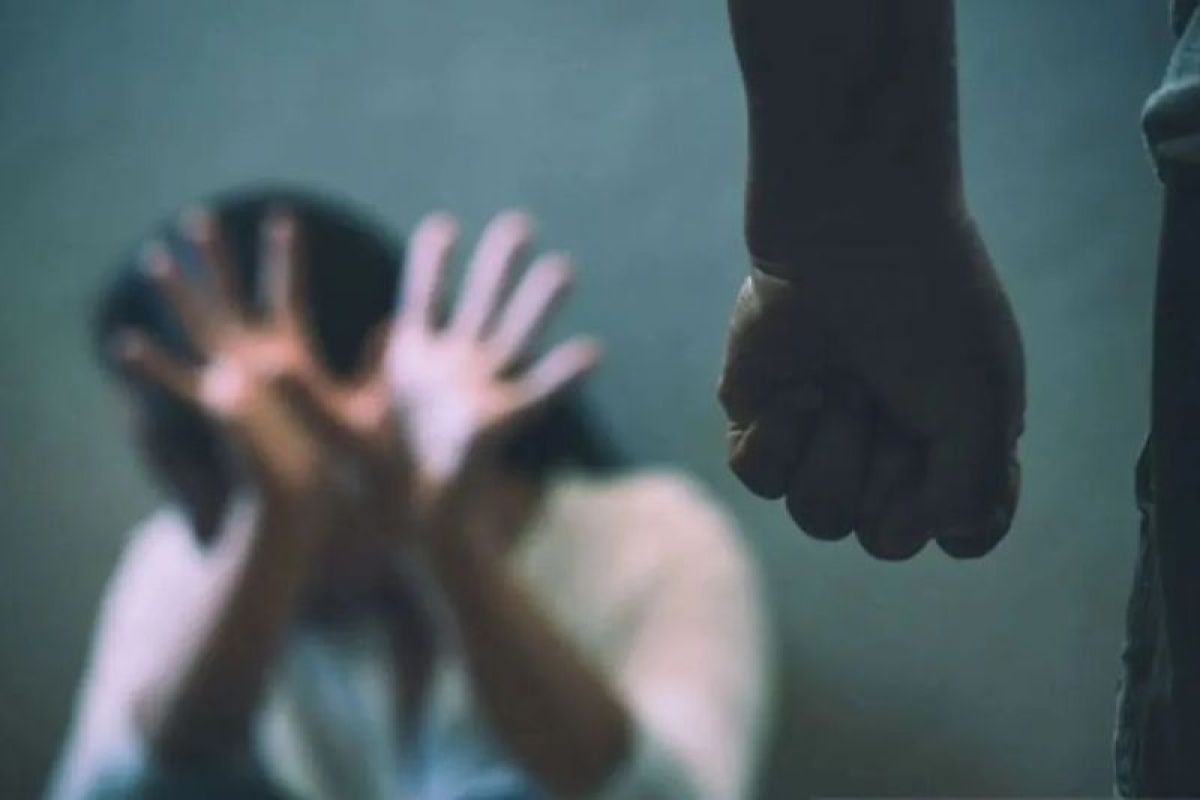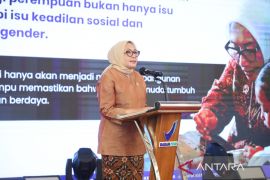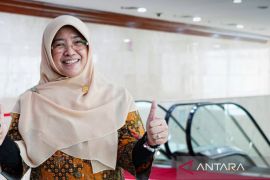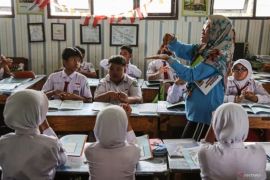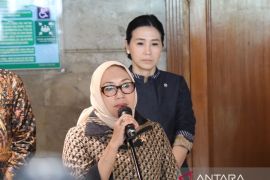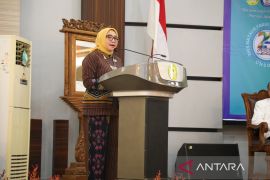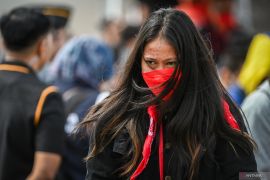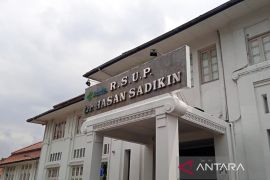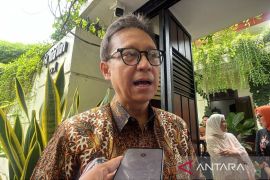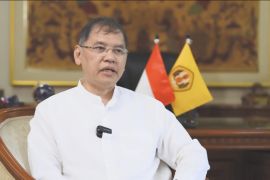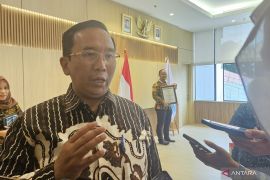This was conveyed by Indonesia's Minister of Women’s Empowerment and Child Protection, Arifah Fauzi, after attending national paralegal training hosted by the Muslimat Nahdlatul Ulama (NU) women’s organization in Jakarta on Saturday.
“If we look at the types of violence, sexual violence ranks the highest. In terms of location, the household is the most common setting,” she said.
Fauzi cited data from the Online Information System for the Protection of Women and Children (Simfoni PPPA), which recorded 11,850 cases of violence against women and children between January and June 2024, involving 12,604 victims.
“Most of the victims are women—more than 10,000. Among all forms of violence, sexual violence is the most prevalent, with 5,246 cases. The majority took place in domestic settings,” she added.
Quoting the 2024 National Survey on Women’s Life Experiences (SPHPN), Fauzi said one in four Indonesian women reported experiencing physical and/or sexual violence in their lifetime.
Meanwhile, nine out of every 100 children in Indonesia have experienced sexual violence, she said.
Data from the National Survey on the Life Experiences of Children and Adolescents (SNPHAR) also shows that one in two children have experienced emotional abuse, though the data does not specify the year.
“These numbers are not just statistics. Each one represents a story, trauma, and serious consequences for the victims—physically, psychologically, economically, and socially,” Fauzi stressed.
She also highlighted the high number of incest cases within families, which are particularly difficult to resolve due to the nature of familial relationships.
According to Fauzi, the data reflects the complex, multidimensional nature of violence against women and children, which requires a comprehensive approach—from prevention and protection to recovery.
“There is an urgent need to raise awareness and ensure access to protection services,” she said.
Related news: House to summon ministry, RSHS over PPDS doctor's sexual violence case
Related news: Protecting children from online sexual exploitation threats
Translator: Melalusa, Kenzu
Editor: Anton Santoso
Copyright © ANTARA 2025
